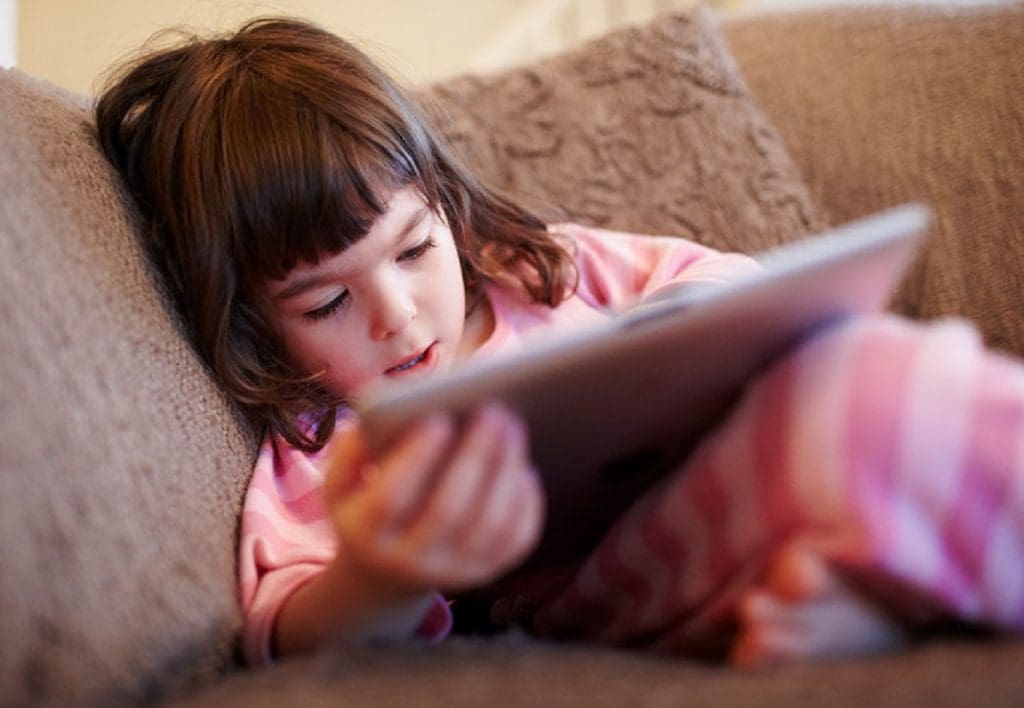Naveed Anjum, IDA
Education industry is going through unimaginable times. Whole world is fighting against the COVID-19 pandemic that has already taken a considerable toll on human lives. Not only human lives, but the pandemic has brought the global economy to a freeze. Education sector is also undergoing major shift as all of the schools and colleges are shut and students and teachers are forced to be dependent on technology. Few months back, before these unfortunate events, we all were discussing and focusing on how the future of education would see technology on the forefront of education. We were also lamenting on how technology could replace teachers! But today that future which we had discussed or imagined is already here.
Educational institutes all over the globe have already been compelled to opt for relying on online platforms for imparting classes, lectures and other lessons. As the schools are closed, children have no choice but to turn their screens for online learning and any kind of socializing. The debate over how much screen time is healthy is nothing new, but our devices have arguably never played as big a role in our lives as they do now when it comes to staying connected amid a global pandemic. Amid this pandemic, 1.5 billion school children are home and this has eventually led children spending more time on their screens than ever before. But this is a challenging time for parents who are worried the time their children spend on social media and online games.
However, the research depicts a different scenario and shows that social media and games provide a temporary escape from the real life and offer valuable social engagement which in these trying times of pandemic is the need of the hour. According to UNICEF, Digital game distributors, such as Steam report a considerable increase in the number of daily users over the past weeks: from 19 million in early March to a record high of 23.5 million in early April. Especially popular are social simulation games like the Animal Crossing series or Minecraft, which allow players to build their own worlds alone or together with friends.
While social media and games are important they do pose some risk? According to UNICEF’s recent report, “Growing up in a connected world”, it states that while a small group of children will inevitably encounter adverse experiences when they use digital technology, this is not directly related to the time they spend online. Rather, when considering such experiences, more attention should be paid to what children do online, the content they encounter, and their life environment and support networks in general. Not too much, not too little, but just the right amount of screen time seems to be optimal for children.
As this COVID-19 pandemic has made us realised that how reliant we are on digital technology, now is a good time to revisit assumptions linked to children’s use of these devices, which often stem from fear of the unknown. This has also given us an opportunity to get close to our children and understand them better and also analyse their digital and physical worlds together.


